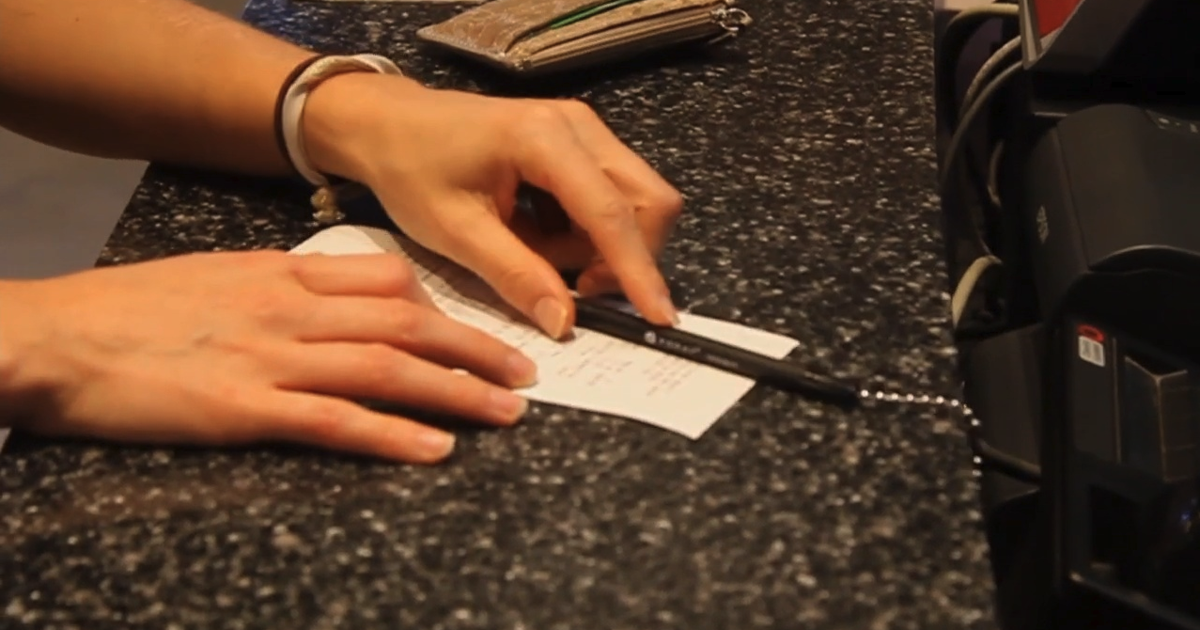Many are now wondering what kind of financial impact the tariffs will have on investors and consumers.
The new tariffs resulted in increased prices and a decrease in consumption.
Chris Hopkins with Apogee Wealth Partners explains what this causes investors to do.
“As a result of that, profits decline, and the stock market looks ahead and it anticipates that these new tariffs are going to slow the economy and increase inflation. What happens is investors get nervous; they start to sell stocks out of their portfolio,” Hopkins said.
The US stock market has lost about $5 trillion in market value in two days.
“To put that in prospective for the average investor, it is probably somewhere between, say, 5 and 10% of a balanced portfolio. If you say $5 trillion, it sounds like a lot, but if you look at it in your individual retirement portfolio–and let’s say your balance is 50/50– your stocks are down, but your bonds are probably up,” Hopkins said.
Hopkins said unless your objective is short term, such as saving up for a house in the next month or paying to send your child to college next year, you should be fine.
“If you are talking about longer term, like your retirement, you are going to have plenty of time to recover from this. It’s a good time to go back and review your portfolio and properly see that you have a plan in the first place, and that you are in balance with that plan. Say your target objective was 50% in stocks and 50% in bonds, and now it is out of whack. So, maybe it is a good time to rebalance,” Hopkins said.
From a consumer level, Hopkins said this is going to matter, especially if the tariffs stick and everything we import cost companies 25-30%.
It will cost the average family an additional $2,000 to $5,000.
“Take a look at your family budget and see if you are going to Starbucks too many times in a week. Are there some places you maybe can trim back to kind of help you on the glide path going forward?” Hopkins asks.
If the economy slows, this could also lead to layoffs, so it’s good to stay on top of your debt.










